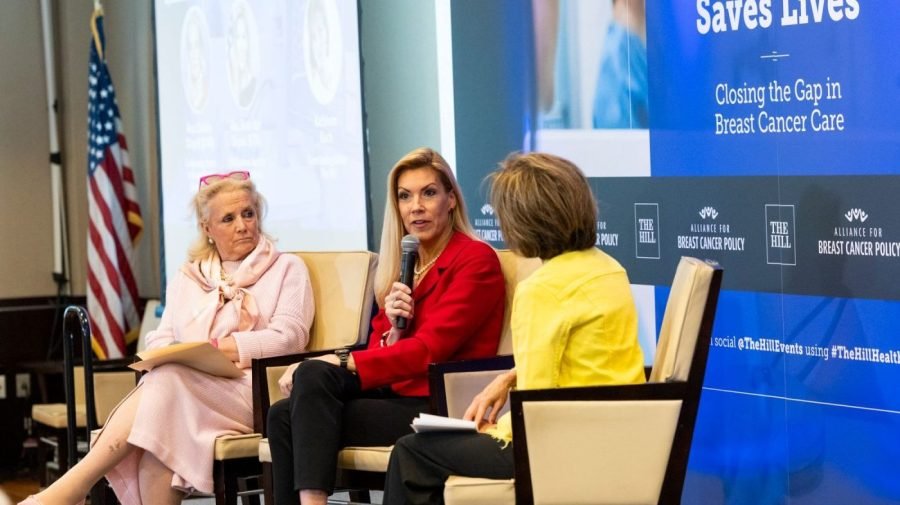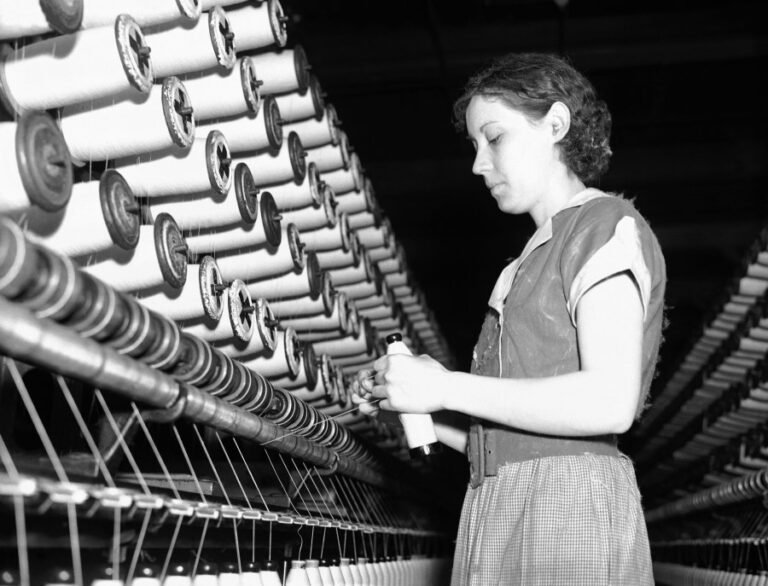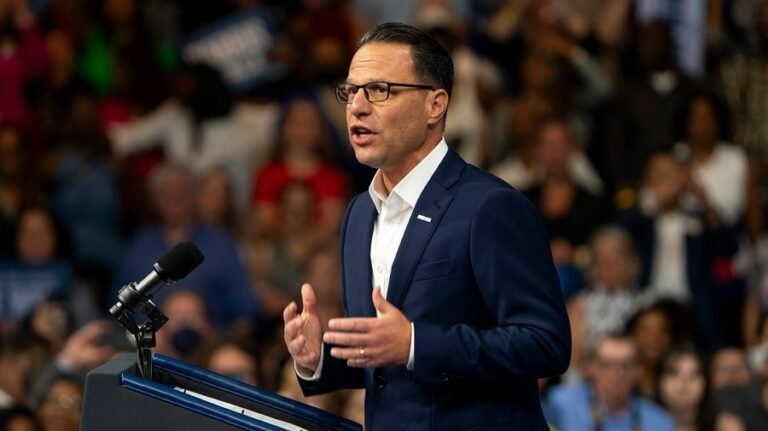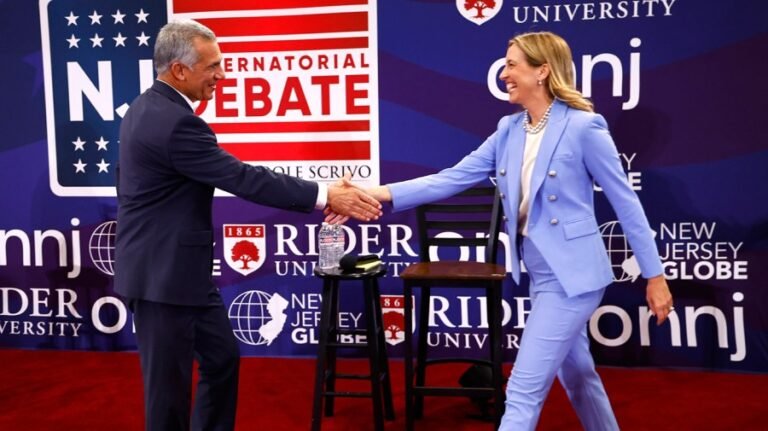
Reps. Debbie Dingell (D-Mich.) and Beth Van Duyne (R-Texas) agreed Wednesday that the government shutdown — whoever is to blame — is halting their potential progress on a bipartisan bill seeking to bridge financial gaps around breast cancer detection.
“We’re not doing work on bills that should be getting done,” Dingell told Kathleen Koch on Wednesday at The Hill’s event “Screening Saves Lives — Closing the Gap in Breast Cancer Care” sponsored by the Alliance for Breast Cancer Policy.
Both representatives first introduced the Access to Breast Cancer Diagnosis Act (ABCD) in 2019. Since then, it has been reintroduced at least five times, most recently in April. A Senate version of the bill was sponsored by Sen. Jeanne Shaheen (D-N.H.).
The congresswomen said the breast cancer detection legislation was inspired by their own experiences seeking out preventive care.
“They were very clear when you walk in, they won’t even let you see that unless you sign the piece of paper that says you acknowledge the fact that insurance is going to cover this,” the Texas Republican recalled. “And I thought this is so absolutely against any kind of common sense.”
Early detection of breast cancer is crucial to giving women the best chance of successful treatment and survival. The survival rate for breast cancer is 91 percent if it’s diagnosed within five years and 99 percent when diagnosed at a localized stage, but that rate drops to 81 percent after 15 years and to 32 percent for distant-stage disease, according to the American Cancer Society.
The ABCD Act is popular among Republican voters, according to polling by the Alliance for Breast Cancer Policy.
About 90 percent of respondants said they supported the legislation when it was described to them, and a majority said they’d be more likely to support a politician who voted for it.
More than two-thirds of those polled said they supported the bill because it eliminates out-of-pocket costs for breast imaging, while about 70 percent supported it because it would expand access to rural, low-income, Black and Hispanic women, who are more likely to skip follow-ups because of costs. The national survey consisted of 1,000 voters polled in July and August 2025.
“I am really looking forward to working on those bills,” Van Duyne said Wednesday, adding she would “love” to reopen the federal government.
“I don’t want to be held hostage like this,” she added. “I think it’s ridiculous that we’re not trying to figure out ways to be able to pay staff that’s working.”
The shutdown is now in its fourth week, with no sign that Democrats are willing to drop their demands for extending ObamaCare subsidies, or of Republicans being willing to engage in negotiations.


